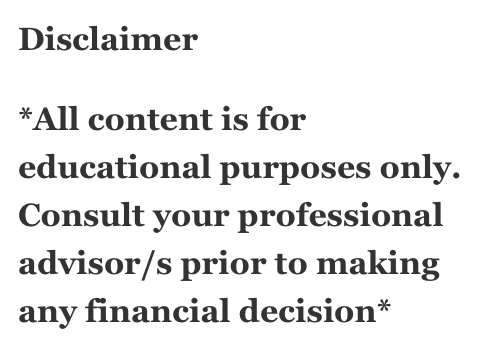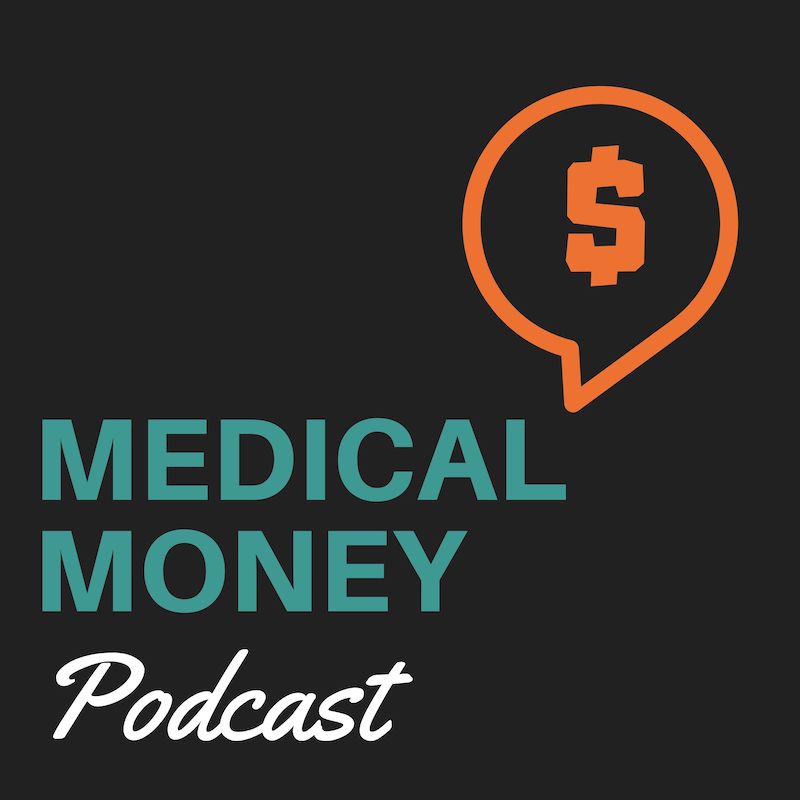There were two moments in my medical career that changed my finances significantly. The first was in 2005 when I got my first paycheck as an Intern. I not only made enough not to need the financial support of my parents but I could also now get those important things like a BMW if I wanted to. I held back on the new car and decided to pay off my student debt instead.
The second was in late 2013 when I started as a Consultant Anaesthetist in private practice. That really changed my lifestyle and spending habits. Then came those big decisions- How big should my house be? Do I need a financial planner? What should I invest in? What insurance do I need?
I recently checked in with Yves Schoof, Financial Advisor and asked him:
“What are the biggest financial mistakes made by
doctors and dentists?”
Here are his insights….
It is an unfortunate fact that as a doctor or dentist you may find it hard to accumulate the wealth you deserve throughout your career. As a result, you may be forced to continue working for longer than you had hoped, or compromise on your lifestyle in retirement.
Financial Hurdles
Indeed, despite your high income you may face a number of hurdles when trying to make the most of your money:
– As a medical professional in particular you may only finish your training in your thirties, and only then start to earn a good income. Many of your non-medical peers typically have been able to establish a good career by that time, and have built a financial head-start.
– Add to this the fact that many healthcare professionals will graduate with significant student debts (six figures is not unheard of), which will take years to pay off and sets you back even further financially compared to other professionals.
– As a doctor or dentist you will also pay a high rate of income tax, with little options to minimise your tax liabilities, as opposed to other white collar professionals (accountants, lawyers) who have their own business.
– Due to a lack of time and also financial knowledge, you are more likely to make costly financial mistakes, which take a long time to recover from.
Financial Mistakes
There are 4 distinct financial mistakes that are more prevalent when it comes to doctors and dentists.
1) Spending too much on a house
I am not sure whether it is peer pressure, or a sense of entitlement, or maybe both, but a significant amount of healthcare professionals aspire to live in a multi-million dollar neighbourhood and home. This often results in a substantial mortgage, which takes decades to repay and incurs an enormous amount of interest.
I have seen plenty of healthcare professionals with a million dollar mortgage still at age 60. Other than the associated interest cost, it is also the opportunity cost that wreaks havoc on doctors and dentists’ finances – it prevents you from investing for your retirement. Not to mention the stress it puts you under, as it affects other aspects of your lifestyle, such as the ability to work less and travel more.
My advice:
– Don’t fall into the trap of ‘overcapitalising’ with regards to your primary residence;
– Make sure you understand how the mortgage commitment will impact your other financial and lifestyle decisions;
– Aim to repay your mortgage in 10-15 years – anything longer than this means you are spending too much.
2) Not having a cash flow structure/plan
Yes, you earn a comparatively high income at the peak of your career, but you also face multiple pressures on that income:
– an expensive lifestyle;
– high mortgage repayments;
– significant tax liabilities;
– private school fees.
It is very easy to fall into the trap of living from paycheck to paycheck, and not setting aside any savings for a rainy day.
My experience is that unless you establish a cash flow structure with automatic payments directed towards your primary goals and wealth creation targets, you will spend more than you like and struggle to make any meaningful financial progress.
My advice:
-
Establish your goals and work out what it will take to fund them;
-
Set up automatic payments to fund these goals, but also to increase your mortgage repayments and your retirement savings;
-
As your income increases throughout your career, aim to ‘save’ at least 50% of any pay increase;
-
Start your savings discipline at a young age, even if it means you can only save a few hundred dollars per month.
3) Being too focused on property
Many doctors and dentists have a love affair with property. This is compounded by the fact that various medical accounting and advisory groups heavily promote property investment to their clients, because of the associated tax benefits and gearing opportunities.
However, I see many issues with pursuing property investment as your main wealth creation strategy:
-
It increases your risk, as you are investing a significant amount in one single property (would you invest $500,000 or more in a single share or company?) and asset class;
-
Residential property typically has high costs and a low net income yield (1-2% is quite normal), which means you would need to accumulate a multi-million dollar portfolio to fund your expected lifestyle;
-
Property is illiquid and can be hard to sell at times;
-
It is not really ‘passive’ income, as property investment is time-consuming.
My advice:
– Make sure you pursue various wealth creation strategies and diversify your investments;
– Don’t make investment decisions based on tax benefits.
4) Not having adequate protection
We live in a litigious society and doctors and dentists are often caught in the eye of the storm when patients are rightly or wrongly disgruntled. There is no doubt that there has been a substantial increase in the number of complaints lodged against healthcare professionals.
Are you confident that you are adequately protected in the event it happened to you? Do you have the right level of medical indemnity cover? Are your assets protected or do you have them all in your name?
You simply cannot afford to be complacent in that regard.
Other areas of protection that are often ignored:
-
Estate planning: are your wills and other estate planning arrangements up to date? Have you considered your ownership/control of various entities such as trusts, pension funds?
-
Personal insurance: do you and your loved ones have sufficient insurance cover in the event you or one of your loved ones were to become critically ill or pass away?
My advice:
-
Quite often, with a small outlay in terms of cost and time commitment, you may be able to achieve a high level of protection. Don’t ignore this part of your finances.
-
Seek professional legal and financial advice, as this is a complicated area.

Yves Schoof is an Australian-based Financial Adviser with over 18 years experience in the financial services sector, and a particular expertise in working with doctors and dentists. Over the years Yves has been nominated for various prestigious industry awards.
He is the author of Your Financial Health Matters, a practical guide for healthcare professionals to help manage their money.
You can contact Yves via email at Yves@affluenceprivate.com.au
Yves Schoof and Affluence Private Wealth are Authorised Representatives of Synchron, Australian Financial Services Licensee No. 243313


